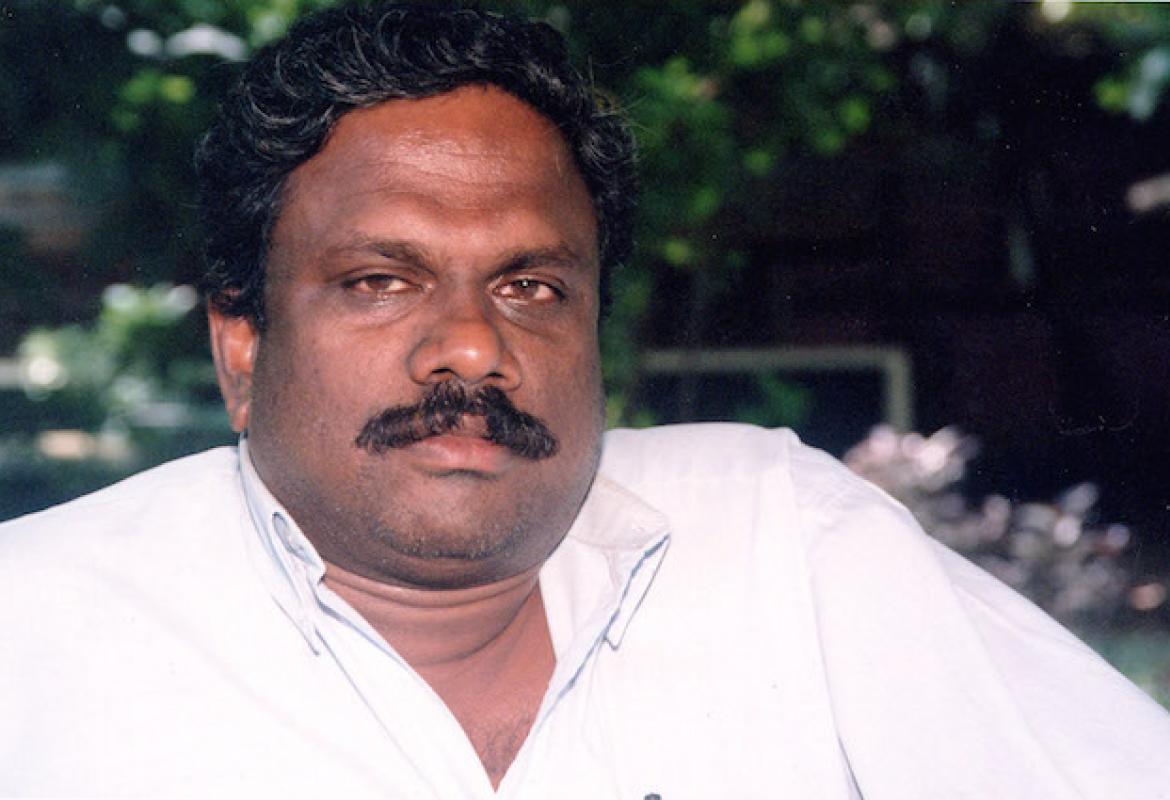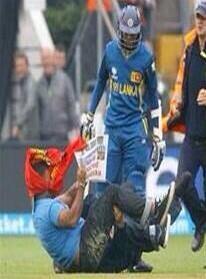Full coverage: SL army attack Ananthy Sasitharan's home
Less than two days before the Northern Provincial Council election, the Sri Lankan army and paramilitary group, EPDP, surrounded the house of Ananthi Sasitharan. Whilst she and her three daughters managed to escape, many of her supporters, and one election monitor were injured after being beaten by the soldiers. The election monitor said, "they [soldiers] kept beating us repeatedly with wooden poles saying "You all speak Tamil Nationalism? You all want the Northern Provincial Council. Take this"






